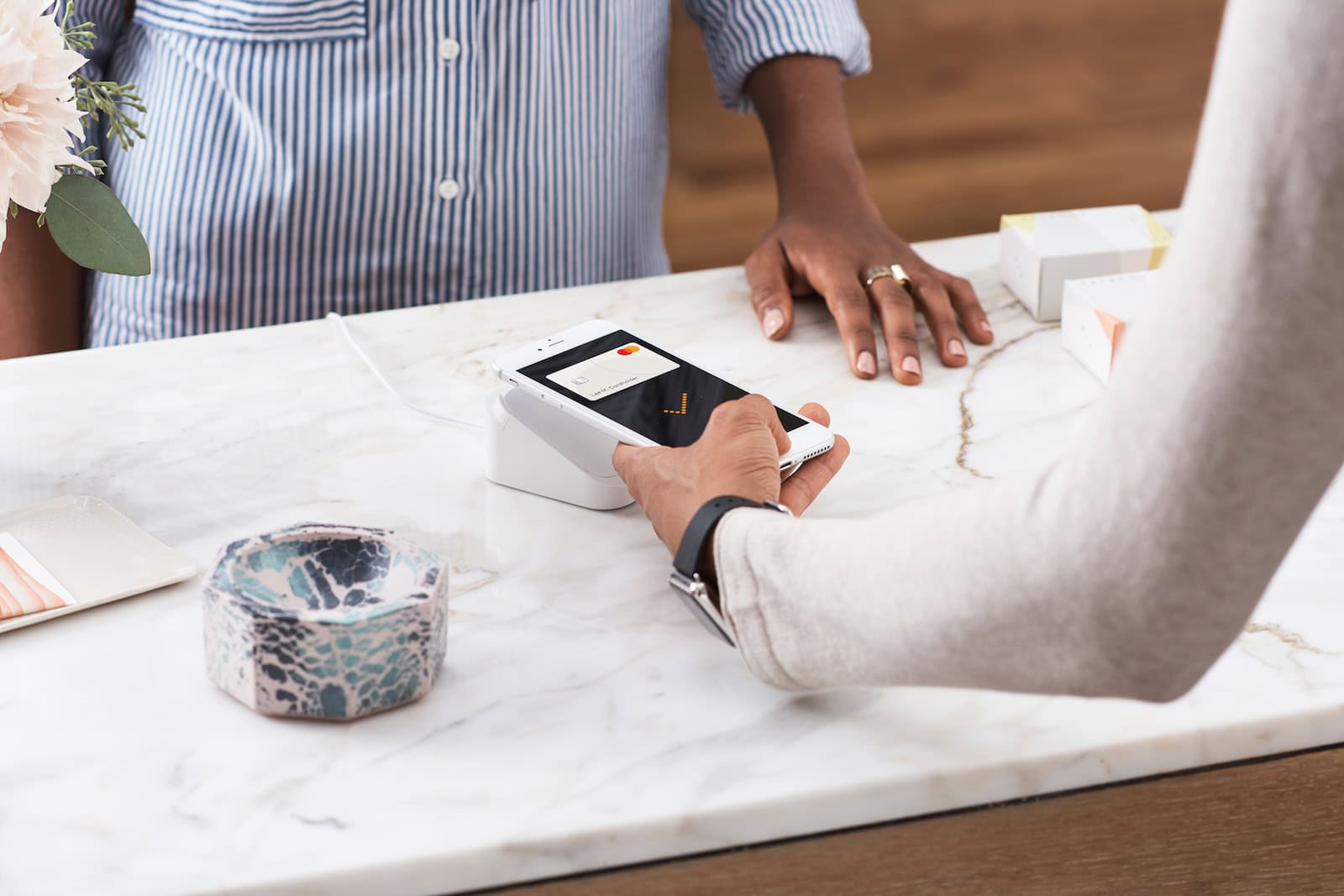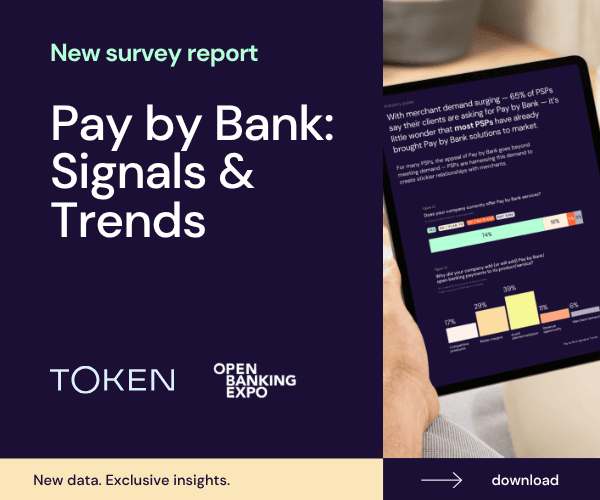

Mastercard reveals top Open Banking use cases among businesses, consumers
Ellie Duncan | News
18 Dec 2024
New research by Mastercard has found that Open Banking has been widely adopted by B2B and consumer users in the US, UK, Nordic and Australian markets, with payments now the top use case.
In a new white paper titled ‘Open banking: The trust imperative’, Mastercard revealed that 85% of B2B respondents use Open Banking currently, which rises to 92% among B2B users in the Nordics, versus 89% in Australia, 86% in the US and 75% in the UK.
Meanwhile, 76% of consumer respondents reported connecting their financial accounts directly to tools to conduct financial tasks, with 80% of US consumers doing so, the same percentage of Nordic consumers and 70% of UK consumers.
Mastercard found that 91% believe their firm’s use of Open Banking will grow in the coming five years, and 92% agreed with the statement that “Open Banking is essential for future-proofing my organisation”.
However, the research identified that a quarter of businesses are yet to adopt Open Banking tools, with 20% saying their company is interested in doing so, and 5% that have no plans to use such tools.
The top three B2B Open Banking use cases are online checkout payments, paying a credit card balance and transferring money between accounts.
According to Mastercard, more than four-fifths of businesses say they would use data insights from Open Banking for financial management, business lending decisions and accounting.
Among B2B respondents, 93% agreed that “Open Banking makes financial transactions more efficient”.
Sending or paying money to others, banking tasks and paying bills are the top three Open Banking use cases for consumer users.
The research revealed that 78% of consumer respondents said having the ability to pay directly from their bank account is important when they have to make a choice about where to shop or make payments online.
There is appetite for more sophisticated B2B payments via Open Banking, such as recurring payments (87%) and invoices (86%), while among consumers, the appetite is for automated financial tasks (70%) and online subscriptions/recurring payments (59%).
The white paper found that consumers want Open Banking tools that further personalise their finances, with 58% saying they would share their data with a trusted organisation to receive a more personalised experience.
“It’s easy to understand why more than 100 million Americans have allowed third-party access to their data in exchange for better services,” said Jess Turner, executive vice global head of Open Banking and API at Mastercard, referring to the statistic issued by the Consumer Financial Protection Bureau.
She added: “Consumers must consent to unlocking new use cases and enhanced value under Open Banking. That’s where trust comes in.
“Building trust through transparency is key to the future growth of the Open Banking ecosystem.”
In October, Mastercard introduced a new data command centre, ‘Mastercard Connect Plus’, to give consumers control of where, how and with whom their financial data is shared.
Mastercard is piloting Connect Plus this year and intends to make it fully available in the US in 2025.



